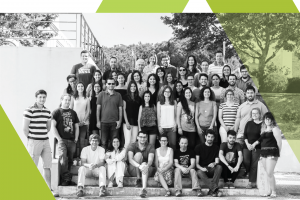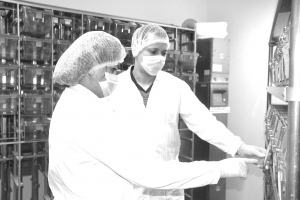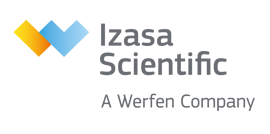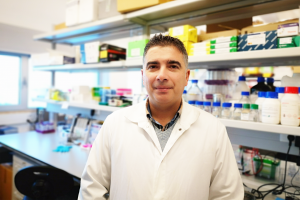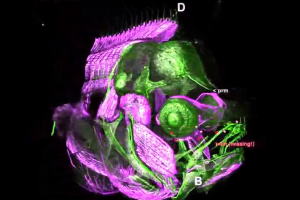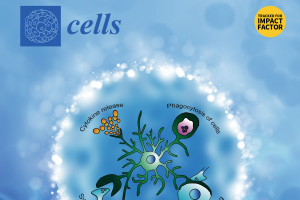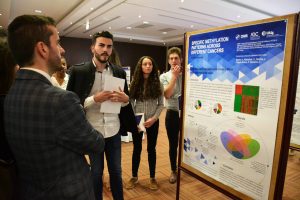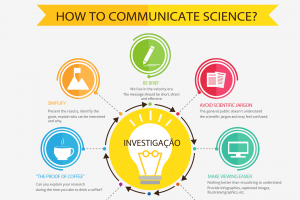Tests for an incredible vaccine that prevents type 1 diabetes in children will start in 2018. The vaccine, is the result of years of development, and although not a cure at all, will probably provide the patient with the immunity against the virus that causes the immune system to promote an attack on itself.
This vaccine is the result of a two-decade-long research conducted by the University of Tampere in Finland, and the research detected a strong link between the Coxsackievirus B1 virus and an autoimmune reaction that causes the body to attack the cells of its Pancreas.
Type 1 diabetes is less common than Type 2 diabetes (which usually affects older people), and is characterized by a decreased ability to produce insulin, which is used by cells to absorb glucose through the blood, and this deficit is the result of the destruction of a type of pancreatic cells called beta cells, in most cases in the first years of life.
There is still no explanation for why our body classifies these cells as enemies, although it may be a mistake in the genetic identification of the individual’s cells.
Heikki Hyöty, a virologist at Tampere University, has suggested that it may be an infection of a type of enterovirus, the same type of poliovirus and meningitis, and there has been a long-standing suspicion of a link between this group of pathogens and diabetes.
Of course, after the tests are successful, we may have to wait for about eight years until the vaccine can reach the market and really make a difference, although this waiting may seem enormous, when compared to the despair of the parents that see every year children born with this disease, we are only a small step away to decrease the number of people affected by this disease.
Source: Ultimate Science
This vaccine is the result of a two-decade-long research conducted by the University of Tampere, in Finland.




